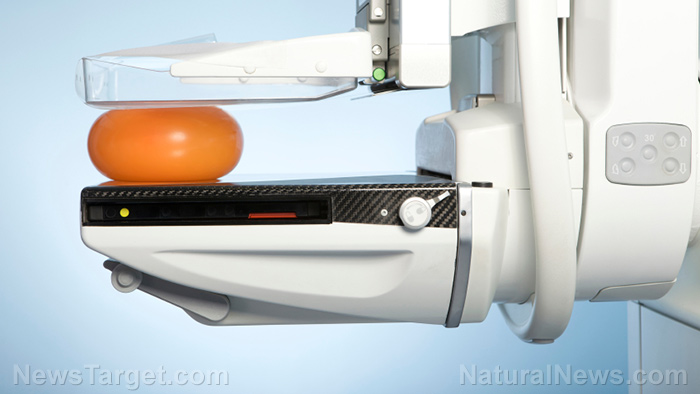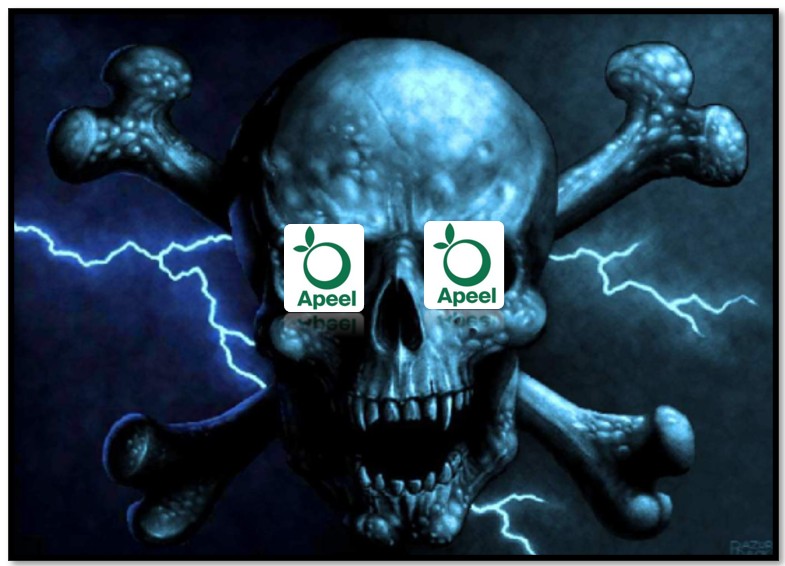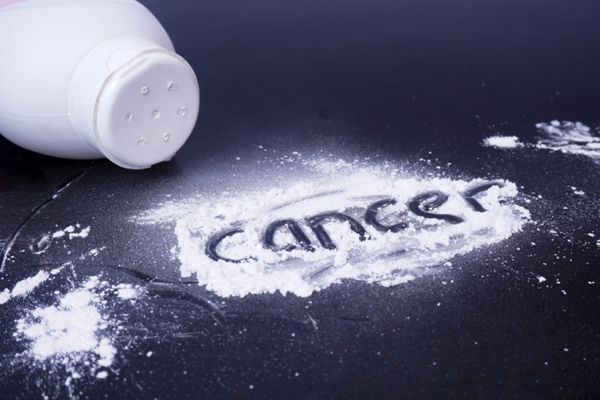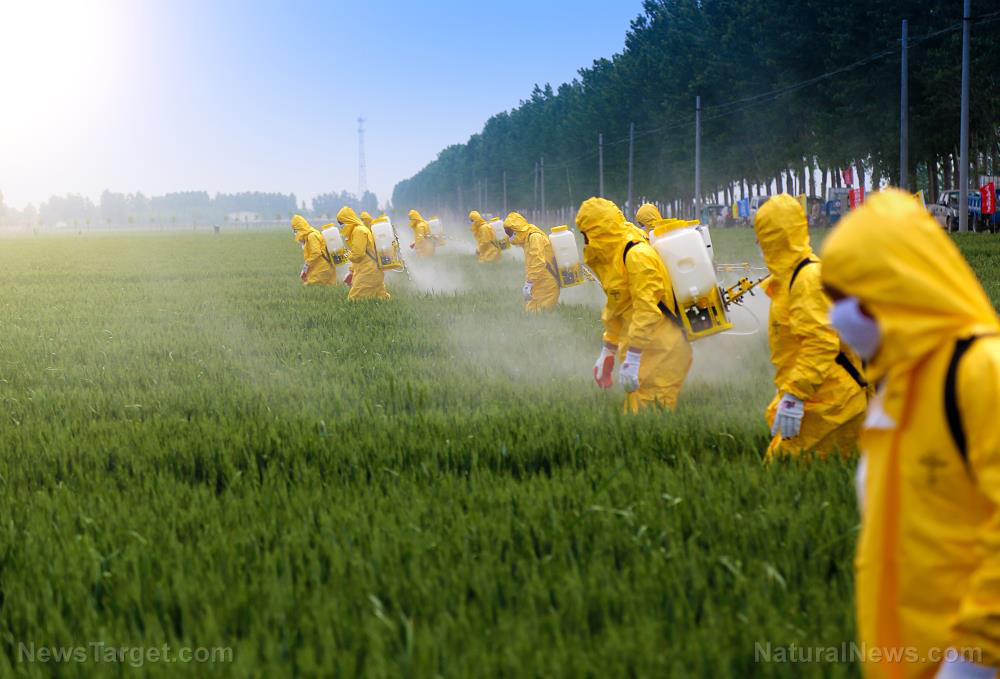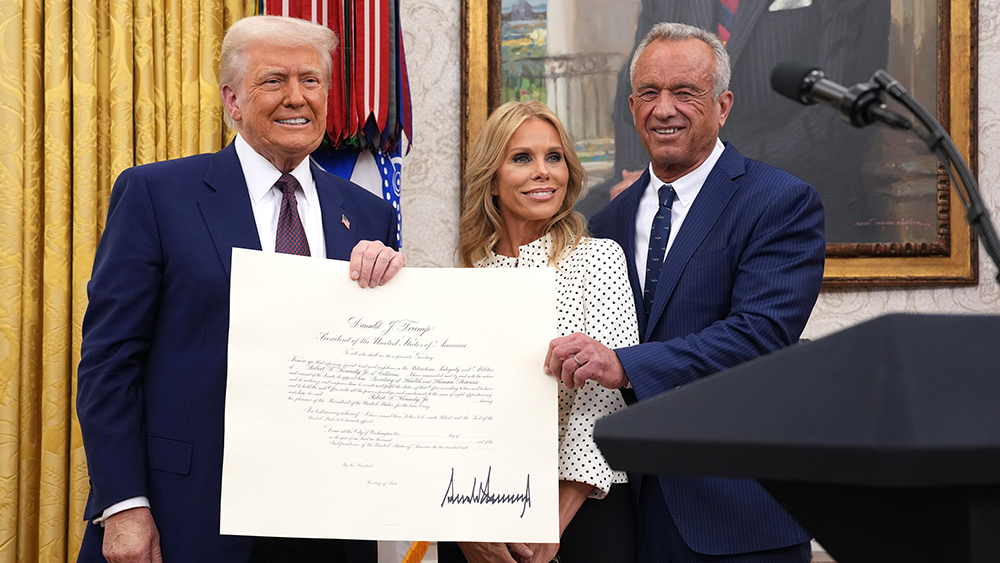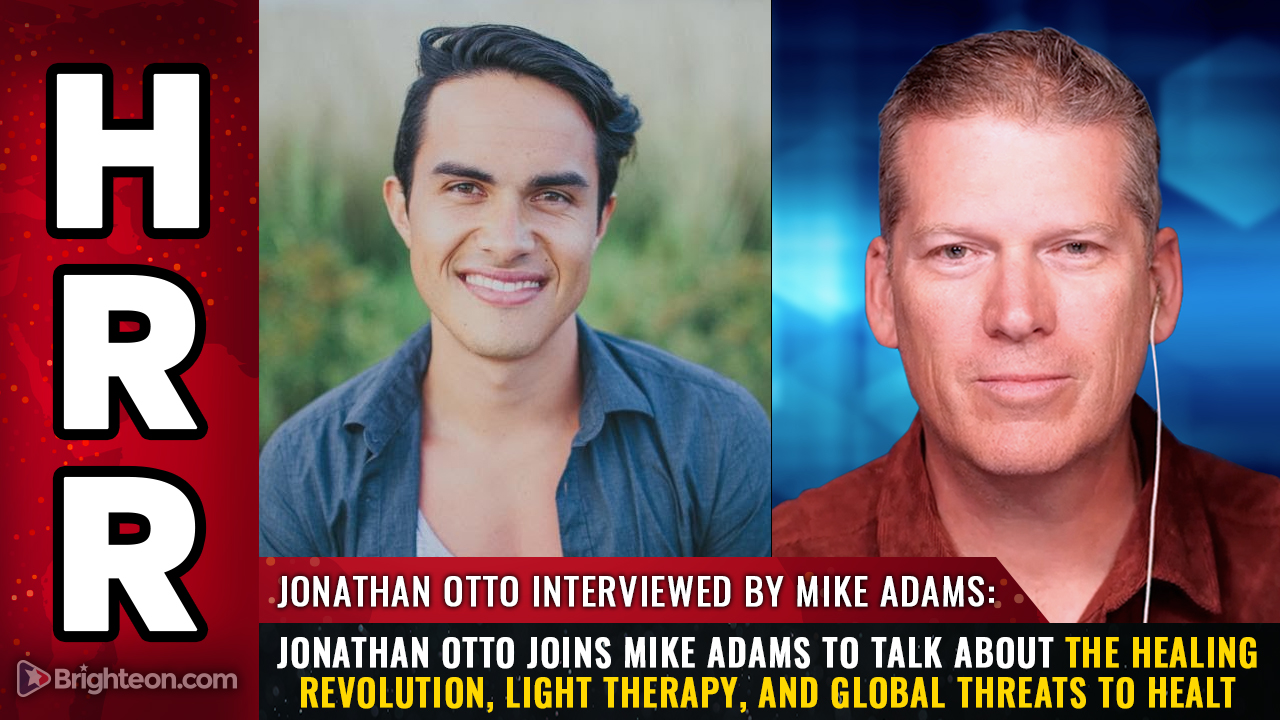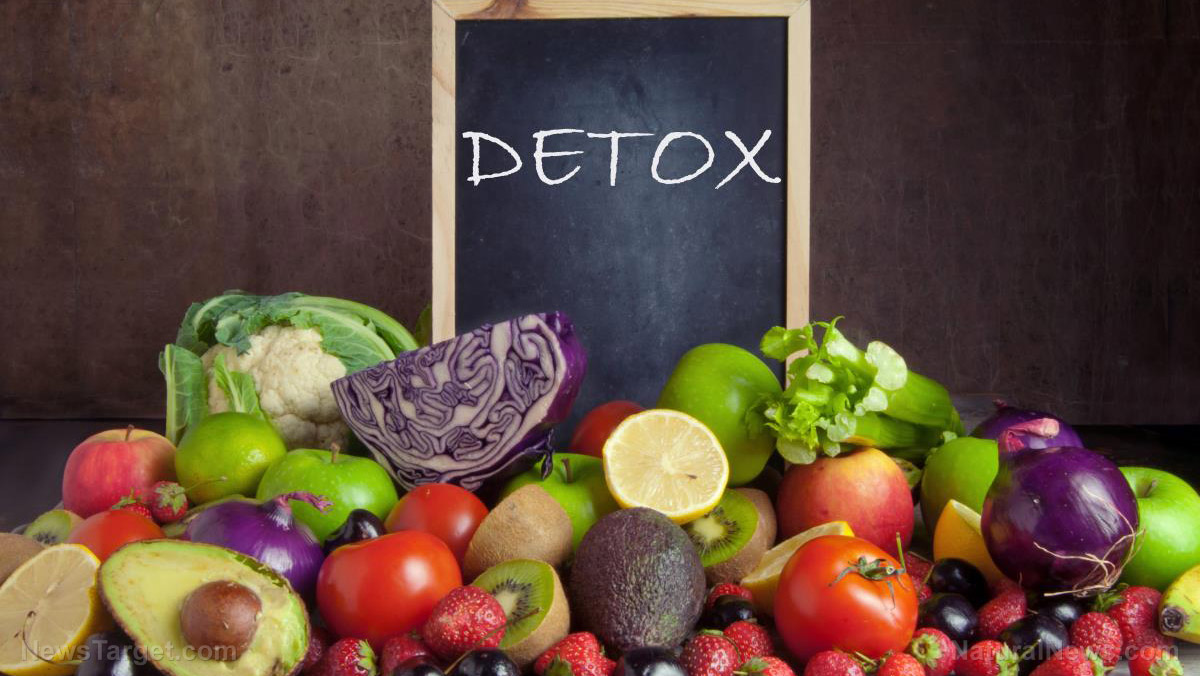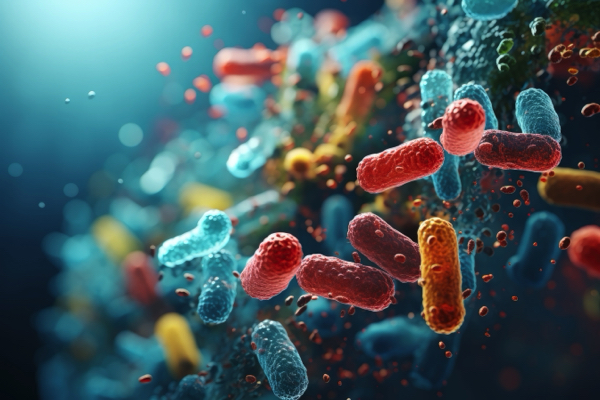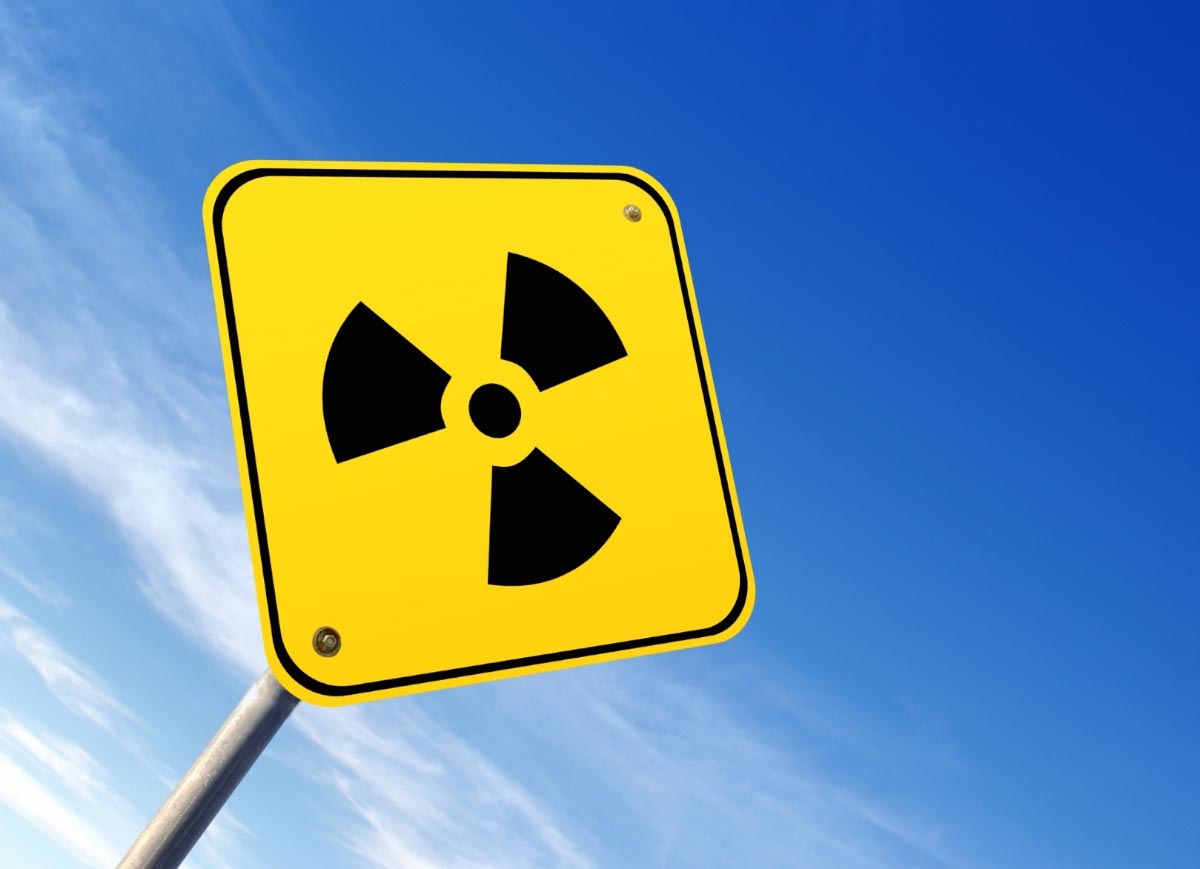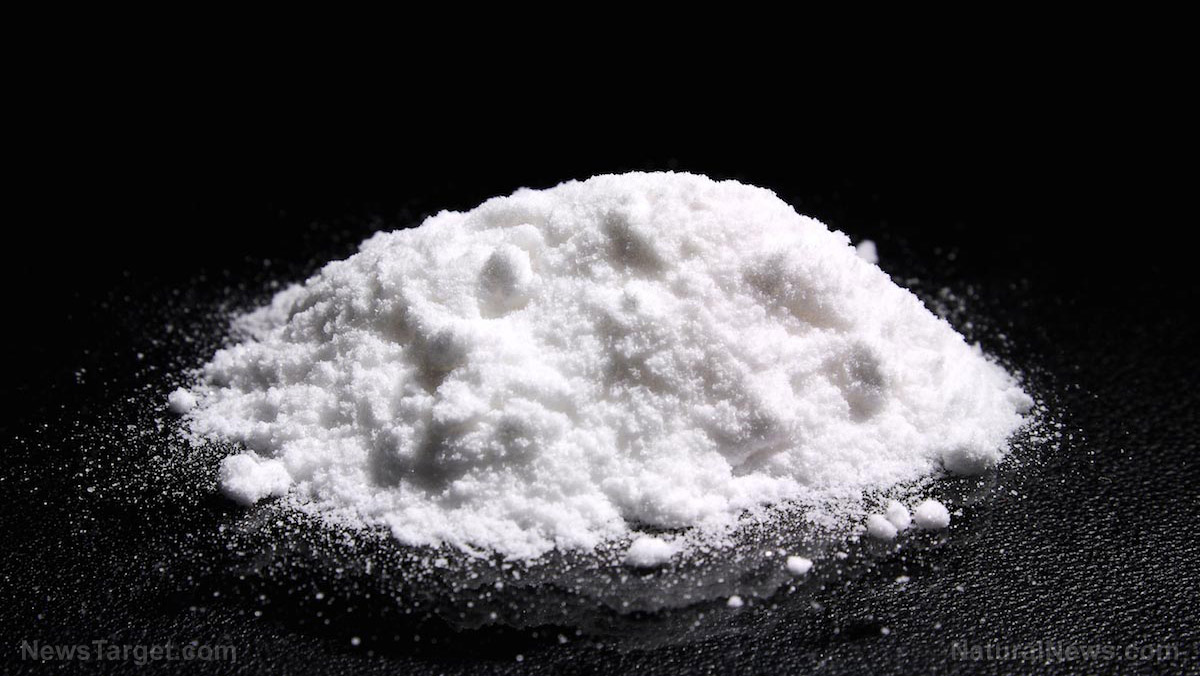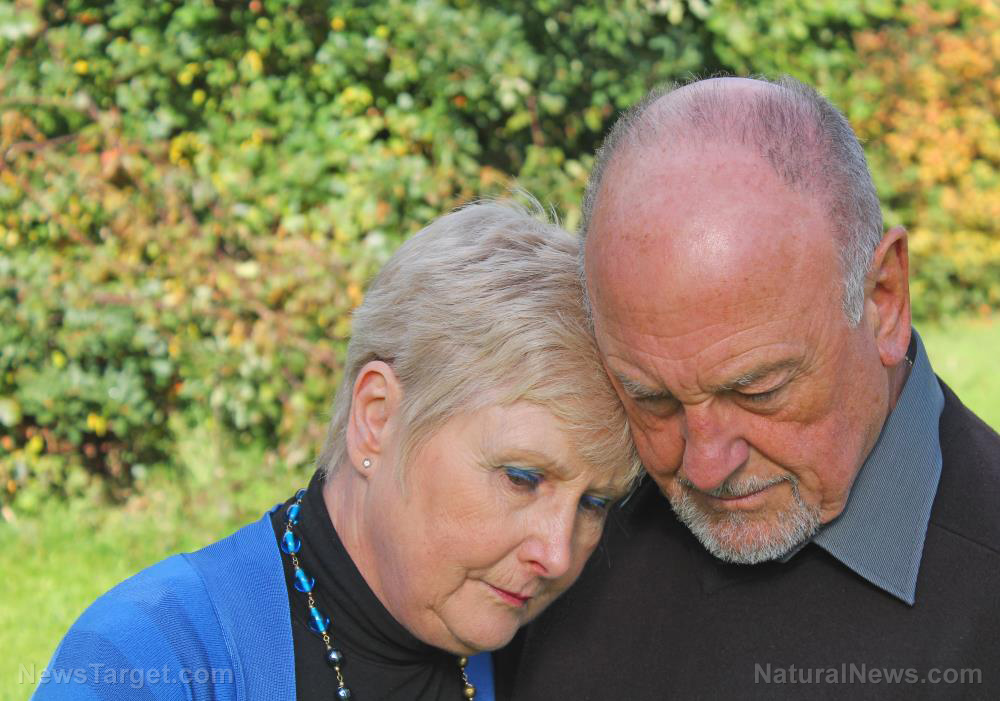Empowering women: The revolutionary breast cancer prevention diet unveiled in Bob Arnot’s book
06/06/2025 / By Belle Carter

- Bob Arnot’s book, “The Breast Cancer Prevention Diet,” offers a detailed and actionable approach to reducing breast cancer risk through diet and lifestyle changes, empowering women with the latest research and expert insights.
- Dr. John Glaspy’s research at UCLA highlights the significant role of diet, particularly omega-3 fats found in fish oils, in altering breast tissue to make it more resistant to cancer within just three months.
- Dr. Dean Ornish’s early research suggests that dietary changes could potentially reverse early-stage cancer, offering hope for non-invasive treatment approaches.
- The book emphasizes the importance of managing estrogen levels through diet, with foods like cruciferous vegetables and soy helping to promote safer estrogen forms and block harmful estrogen receptors.
- Arnot’s meal plans, which include options for various cuisines, focus on reducing insulin levels, minimizing chemical estrogens and incorporating fiber, exercise and vitamin D, promoting a healthier lifestyle that extends beyond breast cancer prevention.
In a world where breast cancer has long cast a shadow over women’s health, a beacon of hope has emerged with the publication of “The Breast Cancer Prevention Diet: The Powerful Foods, Supplements, and Drugs That Can Save Your Life” by renowned author and medical journalist Bob Arnot. This groundbreaking book offers a comprehensive and actionable guide to reducing the risk of breast cancer through diet and lifestyle changes. Arnot’s work is based on cutting-edge research and expert insights, providing women with the tools they need to take control of their health and potentially alter the course of this devastating disease.
The journey toward understanding breast cancer prevention began decades ago, but it wasn’t until recent years that significant breakthroughs shed light on practical preventive measures. One of the most pivotal discoveries came from Dr. John Glaspy, who found that diet could dramatically alter the structure of breast tissue, making it more resistant to cancer. His research, focusing on omega-3 fats found in fish oils, revealed that women who consumed large quantities of these fats experienced significant changes in just three months. Their breast tissue became more resilient, offering a powerful defense against the disease.
Dr. Dean Ornish, famous for his work in reversing heart disease through diet, has turned his attention to cancer. His early research suggests that cancer, when caught in its earliest stages, could be reversed through dietary interventions. While his work is still in its infancy, the potential implications are staggering, offering a glimmer of hope for millions.
Another significant contribution comes from Dr. Lilian Thompson, who demonstrated that flaxseed could decrease the size of breast cancer tumors. This simple, everyday food could potentially reduce the need for aggressive surgeries like mastectomies, offering a non-invasive approach to treatment.
Central to Arnot’s book is the role of estrogen, the hormone that plays a crucial role in breast cancer development. Estrogen acts like fuel for cancer cells, causing them to divide and grow. However, not all estrogens are created equal. Some are stronger, some are weaker, and some are downright harmful. The key is to tip the balance in favor of the weaker, “good” estrogens. This is where diet comes into play.
Cruciferous vegetables such as broccoli, cauliflower, and cabbage can help channel estrogen into its safer forms. Soy, a powerhouse food, can block estrogen receptors, preventing stronger estrogens from wreaking havoc. Arnot emphasizes that the kinds of fats we consume are equally important. Omega-6 fats, found in many vegetable oils and margarines, can amplify the estrogen signal, increasing the risk of cancer. Conversely, omega-3 fats, like those in fish oils, and omega-9 fats, like those in olive oil, can help neutralize this effect, reducing the risk.
Insulin is another critical factor. High insulin levels can fuel cancer growth. To lower insulin levels, Arnot recommends a diet low in refined carbs and sugars, and high in fiber and protein. This approach helps keep blood sugar stable and insulin levels in check.
Chemical estrogens, synthetic chemicals that mimic estrogen in the body, are another concern. Found in everything from pesticides to plastics, these chemicals can be minimized by opting for organic foods and avoiding foods likely to contain high levels of these substances.
Fiber is a cornerstone of the breast cancer prevention diet. Acting like a sponge, it soaks up excess estrogen and carries it out of the body. Additionally, fiber helps control weight, which is crucial because excess body fat can produce its own estrogen.
Exercise and vitamin D also play vital roles. Regular physical activity can help lower estrogen levels, while vitamin D, obtained from sunlight and certain foods, can help protect against cancer.
Arnot’s book provides detailed meal plans that incorporate these principles, offering options for those who prefer Asian, Mediterranean, or a blend of both cuisines. These meals are not only nutritious but also delicious, making it easier to adhere to the diet.
In conclusion, “The Breast Cancer Prevention Diet” is not just about preventing breast cancer; it’s about embracing a healthier, more vibrant life. It’s about making choices that nourish the body and empower women to live their best lives.
Learn more about “The Breast Cancer Prevention Diet” by watching the video below.
This video is from the BrightLearn channel on Brighteon.com.
Sources include:
Submit a correction >>
Tagged Under:
#nutrition, breast cancer, cancer, cancer cures, diet, estrogen, food is medicine, healing, lifestyle, nautral remedies, vitamins
This article may contain statements that reflect the opinion of the author

